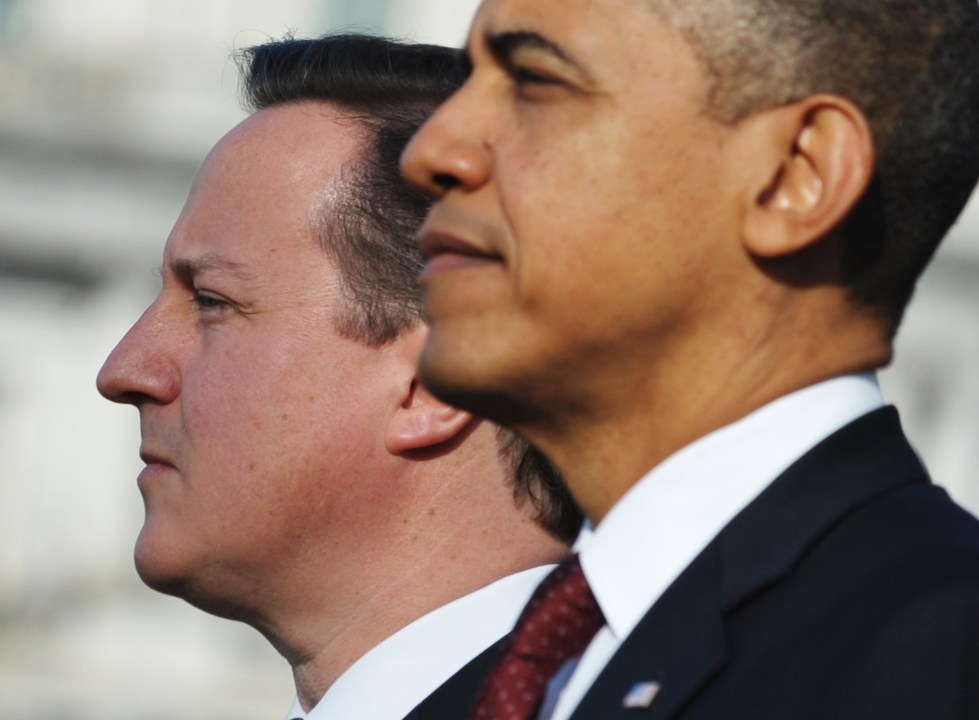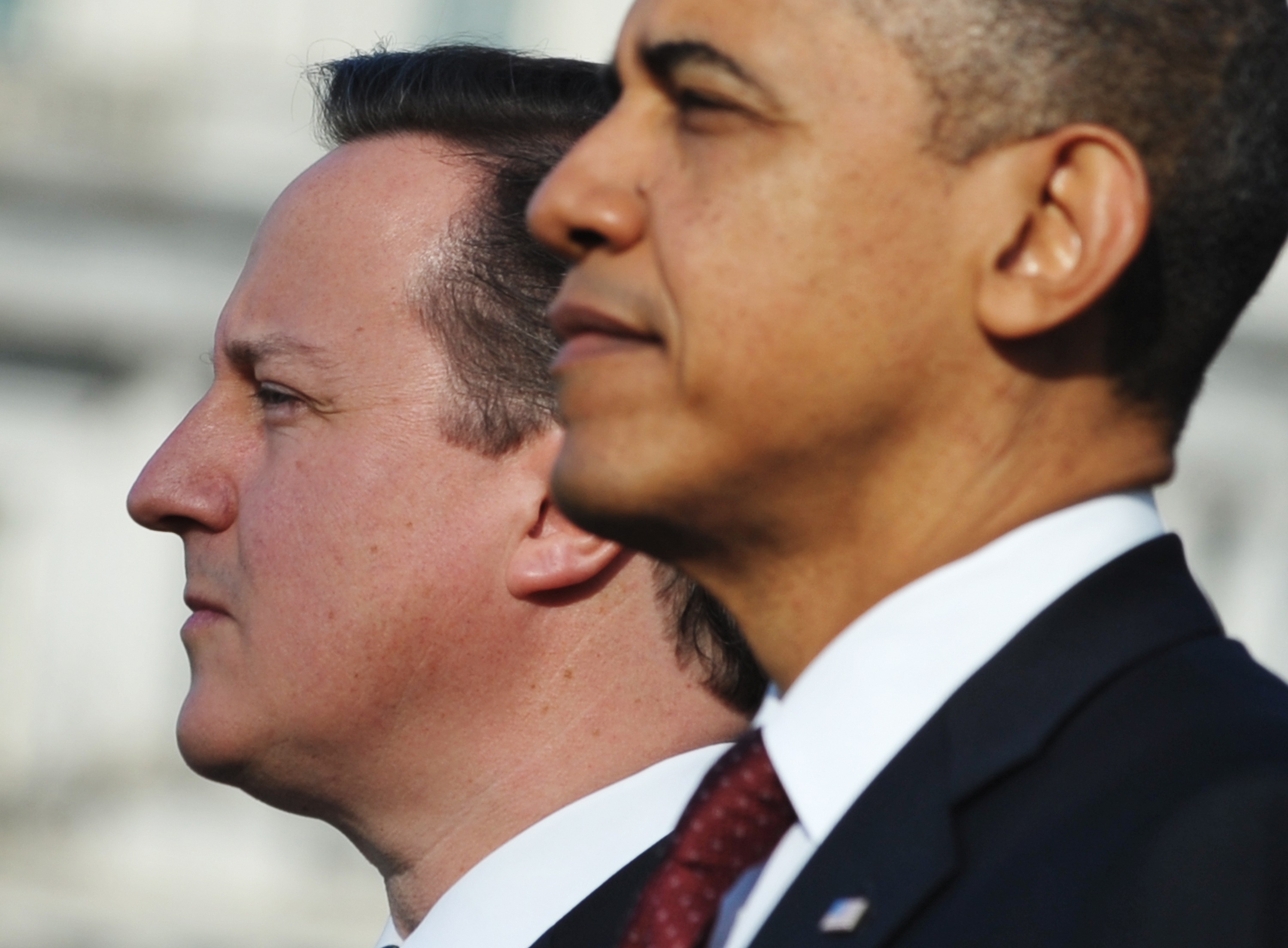No wonder David Cameron and Barack Obama were being so chummy: they both knew that they could help each other. The Times carries an intriguing story (£) on its front page this morning, about how the two men discussed a plan to get fuel prices down in the UK and the US. The idea is that both countries — and perhaps more — would release some of their oil reserves. And so supply would go up, and prices would come down. As would our reliance on the oil-rich countries of the Middle East.
Apparently, we’re some distance from a deal yet, but you can see why both the PM and the President would want one to be struck — and soon. Fuel prices have a history of causing heartache for politicians, even to the point where they might dent Obama’s re-election chances this year. Cameron himself touched on the matter in a discussion at New York University last night, saying that ‘The price in Britain is considerably higher than here. I won’t tell you what it is — it would probably make you faint. It does have a big effect on consumer confidence.’ And, crucially, he added, ‘Short term, should we look to reserves? Yes we should.’
Although we should note, as the Times does, that:
With petrol effectively taxed at around 140 per cent, there is really no sure solution for Cameron and George Osborne other than to cut fuel duty. And even that is no easy answer, given the state of the public finances. Hence why the Chancellor appears, so far, to be resisting calls for him to scrap the 3p rise in duty scheduled for August. But he will know, perhaps more acutely than anyone else, how politically difficult that rise could be — particularly if other taxes, such as the 50p rate, are cut in the meantime.‘…a similar move last year to free up more reserves ended in failure, when the reserves were bought by major banks, who held the oil on ships, meaning that there was almost no change to the price. Last year banks such as JPMorgan bid over $150 million to hoard the cut-price oil on offshore tankers, hoping that the price would rise and they could offload it at a profit in the future.’







Comments